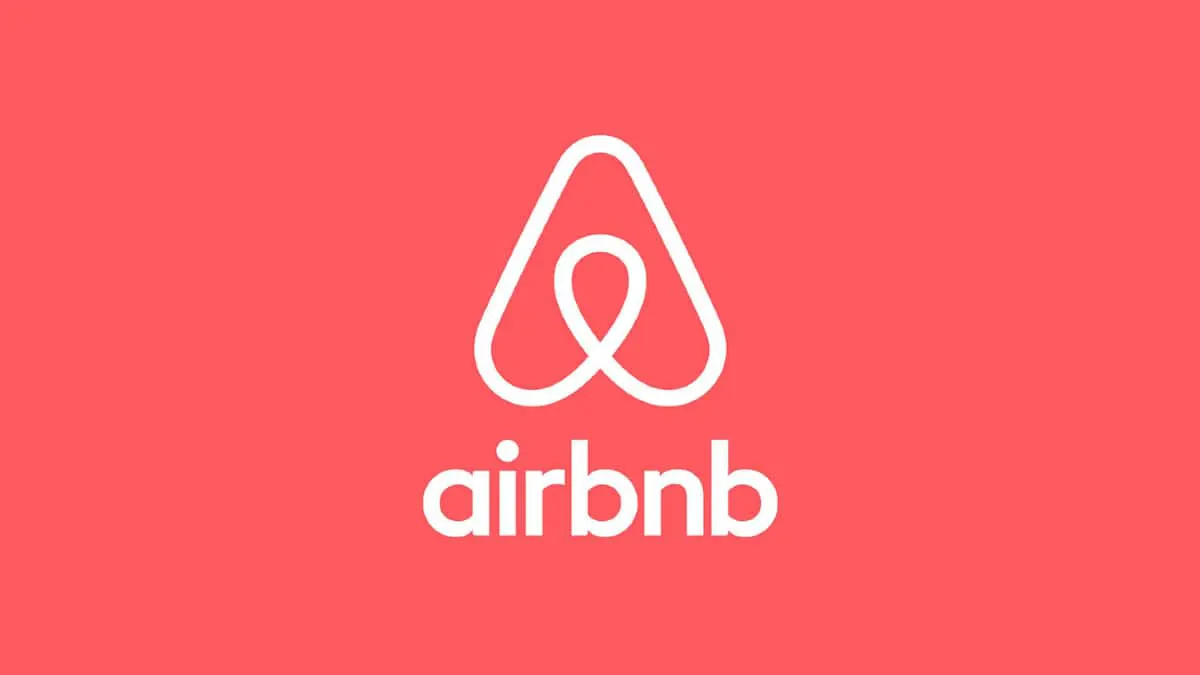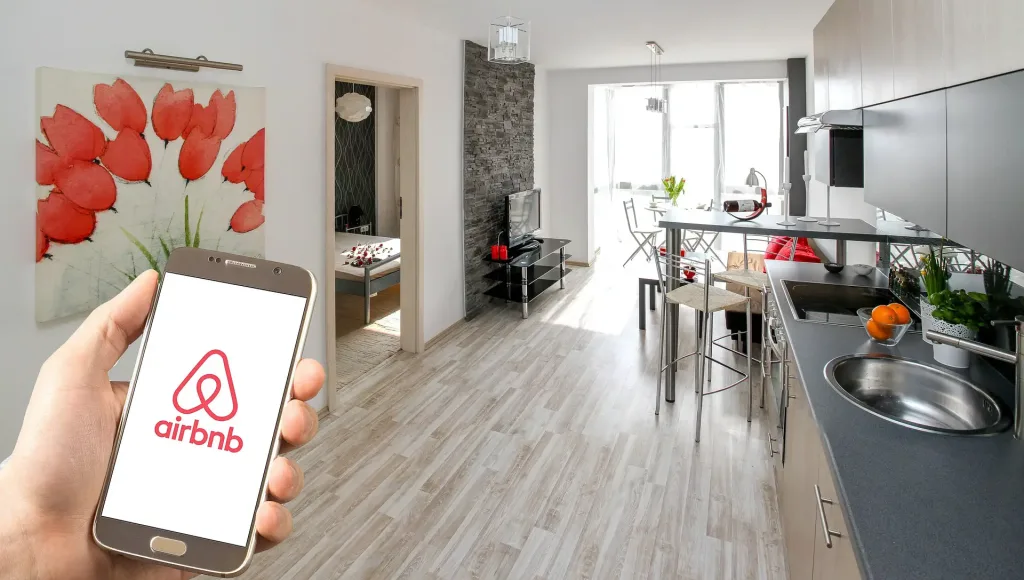
How Three Friends Turned an Air Mattress Idea into a Multibillion-Dollar Business
In 2007, three friends—Brian Chesky, Joe Gebbia, and Nathan Blecharczyk—faced a common problem: rising rent costs in San Francisco. Instead of succumbing to financial pressure, they transformed a challenge into an opportunity that would revolutionise the travel industry. Today, Airbnb stands as a symbol of innovation, valued at over $100 billion. Let’s delve into how a simple idea of renting air mattresses became a global phenomenon.
The Early Days of Airbnb
Airbnb’s story began with a financial struggle. Brian Chesky and Joe Gebbia, both graduates of the Rhode Island School of Design, were grappling with rent payments. They noticed a design conference in San Francisco was causing hotels to fill up quickly, leaving attendees with limited accommodation options. Spotting a gap in the market, they decided to rent out space in their apartment, offering air mattresses and breakfast—hence the name “Airbed and Breakfast.”
Initially, their idea seemed unconventional, even risky. But their entrepreneurial spirit and willingness to take chances set them apart. The pair purchased three air mattresses, cleared out space in their living room, and prepared a simple breakfast for their guests. What started as a way to make ends meet turned into a unique business model that resonated with travellers seeking affordable and personalised lodging experiences. This initial venture taught them invaluable lessons about hospitality, customer service, and market demand, laying the groundwork for what would become Airbnb.
From Air Mattresses to a Website
Their initial venture gained traction, and they realised the potential for a broader application of their concept. Teaming up with Nathan Blecharczyk, a Harvard graduate with a background in computer science, they created a website to connect homeowners with travellers. Despite their innovative approach, the early days were far from smooth sailing. The platform faced scepticism from potential users who were wary of staying in strangers’ homes. Additionally, the founders struggled to secure funding, with several investors rejecting their proposal, deeming it unviable.
Undeterred, the trio focused on refining their platform and creating a user-friendly interface. They also prioritised building trust within the community by implementing robust verification processes for both hosts and guests. Their dedication to addressing user concerns helped the website gain credibility and attract its first wave of loyal users. By 2008, the platform had begun to grow steadily, and the team was ready to take on larger markets.
Scaling the Business
Airbnb’s breakthrough came during the 2008 Democratic National Convention in Denver. Recognising the high demand for accommodation, the founders capitalised on the opportunity, marketing their platform as a solution for overbooked hotels. Despite gaining some traction, their growth was slow. They resorted to creative tactics, such as selling cereal boxes themed around the U.S. election, to fund their startup. The cereal boxes, labelled “Obama O’s” and “Cap’n McCain’s,” not only generated funds but also garnered media attention, bringing much-needed visibility to their brand.
Building on this momentum, the founders sought to expand Airbnb’s reach. They rebranded their platform, enhancing its design and usability. With new features such as secure payment systems and a review system to build trust between users, the company began to stand out in the competitive travel market. Their focus on providing unique, cost-effective lodging options resonated with a growing audience of budget-conscious travellers and adventurous explorers looking for alternatives to traditional hotels.
Overcoming Challenges
Airbnb faced numerous obstacles, including safety concerns, regulatory hurdles, and competition. The concept of short-term rentals was still relatively new, and many cities lacked clear regulations to govern such arrangements. Some local authorities viewed Airbnb as a threat to traditional hotel businesses, leading to legal disputes and policy debates. In response, Airbnb actively engaged with regulators to establish fair and transparent guidelines for operating in different markets.
To address safety concerns, the team introduced a host guarantee policy, providing financial protection to hosts in case of property damage. They also leveraged data analytics to understand customer needs better and refine their services. Through these efforts, Airbnb was able to build a platform that prioritised user safety and satisfaction. The introduction of customer support systems and insurance programmes further enhanced the company’s reputation, allowing it to gain the trust of both hosts and guests worldwide.

Airbnb’s Impact and Legacy
Today, Airbnb operates in over 220 countries, offering millions of listings that include everything from shared apartments to luxury villas. The platform has disrupted the traditional hospitality industry, enabling individuals to monetise their properties while providing travellers with unique experiences. By creating a space for diverse accommodation options, Airbnb has democratised travel, making it accessible to people from all walks of life. The platform’s emphasis on affordability and local experiences has made it a preferred choice for many, reshaping the way people perceive and plan their travels.
Beyond its economic impact, Airbnb fosters cultural exchange and supports local communities by encouraging tourism in less-travelled areas. Hosts have the opportunity to share their culture and traditions with guests, creating meaningful connections that extend beyond mere transactions. This cultural exchange has helped Airbnb build a loyal community of users who value the authentic experiences it offers.
The Vision for the Future
Airbnb continues to innovate, focusing on sustainability and inclusivity. Initiatives like “Airbnb Experiences” allow users to book local activities, enriching their travel experiences. From guided tours of hidden gems to hands-on workshops with local artisans, these activities provide travellers with an immersive way to connect with their destinations. Additionally, Airbnb has committed to reducing its carbon footprint by promoting eco-friendly practices among hosts and guests.
The company’s efforts to support underrepresented communities and foster diversity reflect its broader vision for positive social impact. By continually adapting to changing market needs and prioritising customer satisfaction, Airbnb remains at the forefront of the hospitality industry. Its journey from a small apartment in San Francisco to a global leader serves as a powerful reminder of what can be achieved through creativity, resilience, and innovation.
From humble beginnings to global success, Airbnb’s story is a testament to the transformative power of entrepreneurship. The dedication and vision of Chesky, Gebbia, and Blecharczyk have not only redefined travel but also inspired countless entrepreneurs to pursue their dreams. As Airbnb looks to the future, its commitment to innovation and community-driven values ensures its continued growth and relevance in the ever-evolving world of travel.
Popular articles
You may be interested in related articles.
-
Choosing a niche is not about chasing trends or copying what appears …
More -
In 2026, pricing and packaging remain among the few levers that B2B …
More -
Bootstrapped hiring is less about “building a dream team” and more about …
More -
Bootstrapping remains a realistic and disciplined way to start a business in …
More




